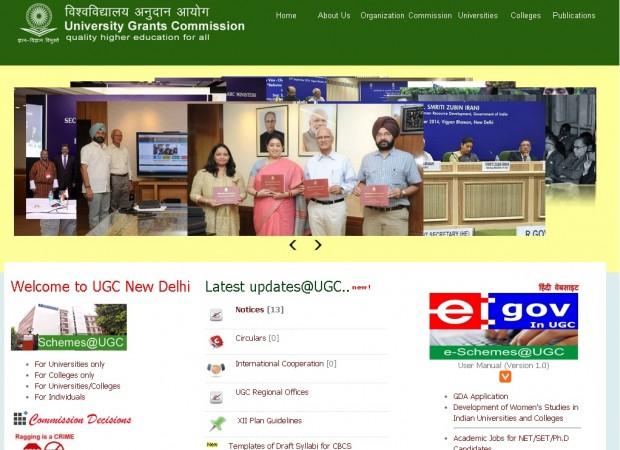According to an earlier announcement by the Ministry of Human Resource Development (MHRD), only 67 percent of universities are qualified to be eligible, which means many good universities will be missing out on this opportunity. To enhance the quality of higher education and improve access, the MHRD asked UGC to review the rules once again.

Upping the Ante: UGC setting eligibility criteria
The University Grant Commission (UGC) is working on a proposal that explicitly states university requirements to fulfill at least one of the two criteria - NAAC 3.01 and above CGPA (Grade A) or among the top 100 NIRF rankings will only be allowed to offer online degree courses.
This condition will expand the number of universities to offer degree courses to 230, significantly higher from the earlier planned 100.
Why did UGC decide for institutions to go online with degree courses?
Earlier in May 2020, Times of India reported that over 600 universities are unaccredited in the country. This move will not only enhance the enrollment intake in higher degree courses but also help in improving the quality of the institutions. Is Covid-19 to be held responsible in a way for university courses going online?
Both equity and accessibility are important for the enrollment to increase significantly, and this can only happen when institutions of 3.01 CGPA offer online degrees, and those institutions that aspire to offer them will improve their infrastructure such that they can get at least NAAC A grade or qualify among the top 10 National Institutional Ranking Framework (NIRF) institution, which would eventually translate into quality improvement as well.
Once the UGC finalizes on the eligibility criteria, the MHRD will likely announce the new norms that will enable more universities to offer online degree courses. About 100 ready universities are ready with their online curriculum to roll out degree course sessions from the upcoming academic year.

















